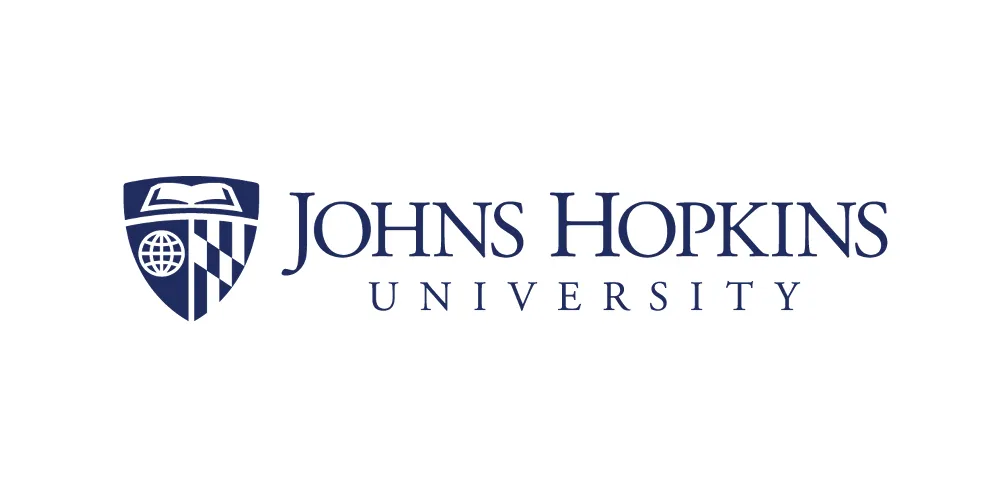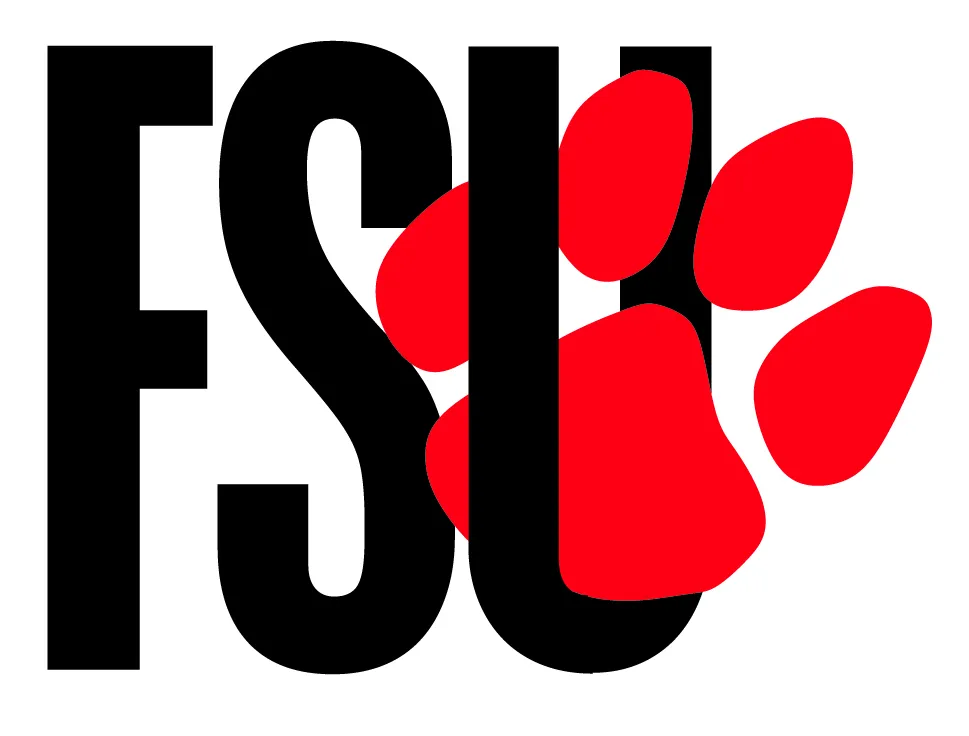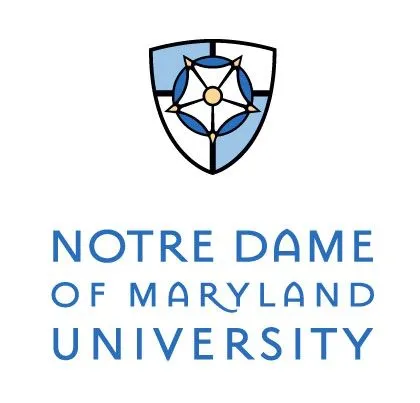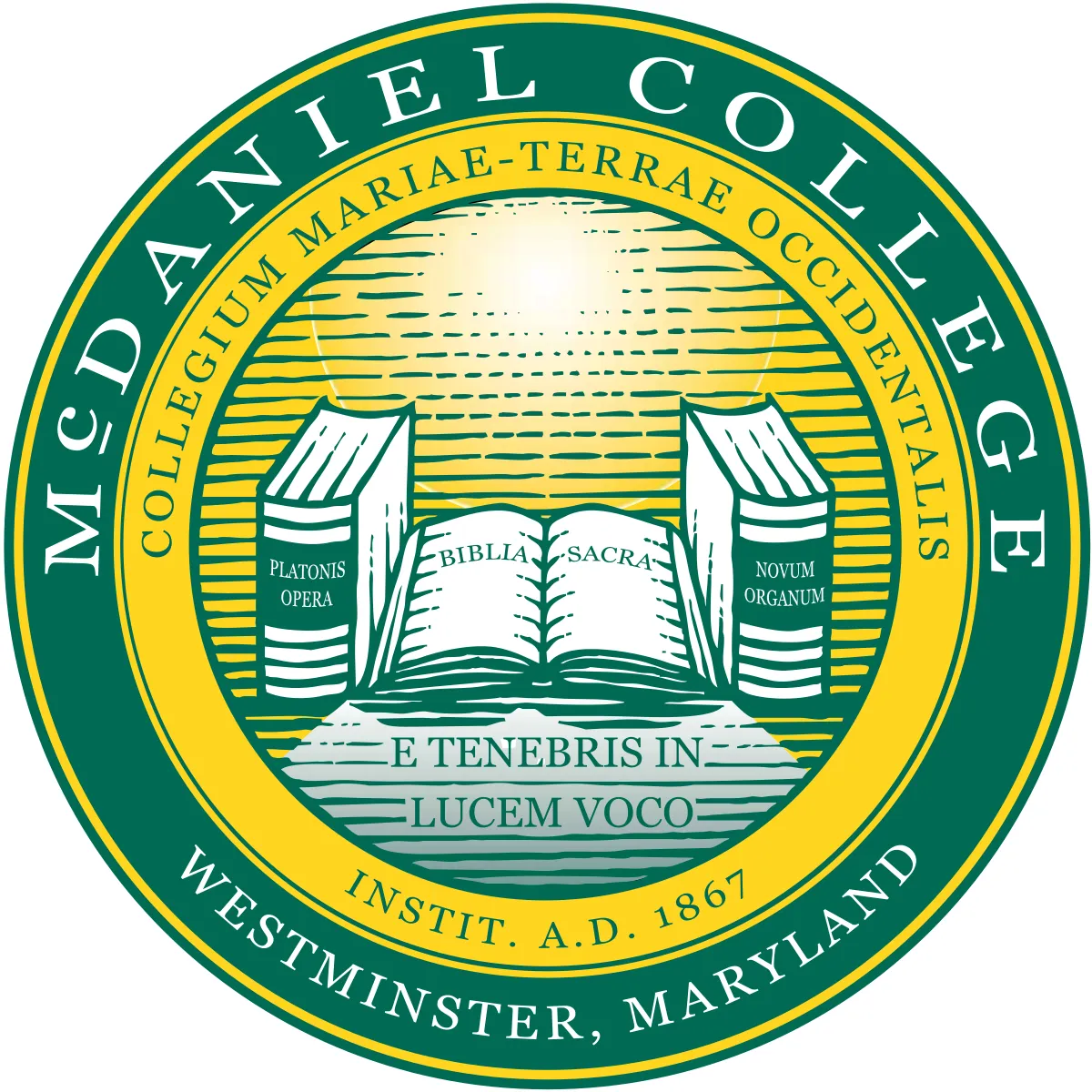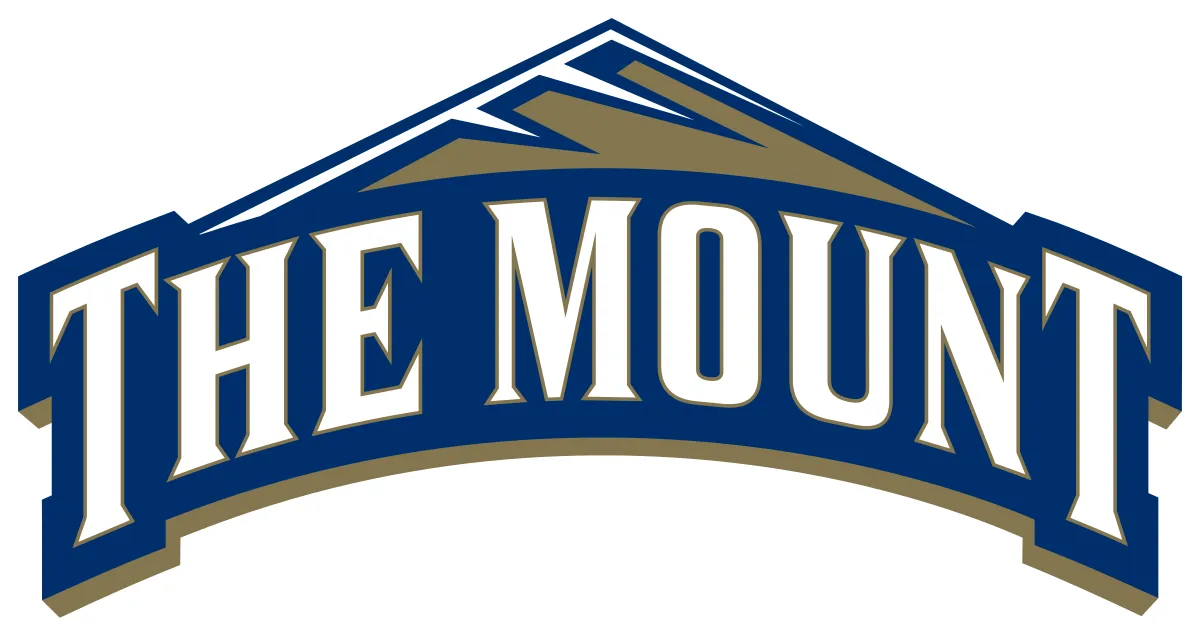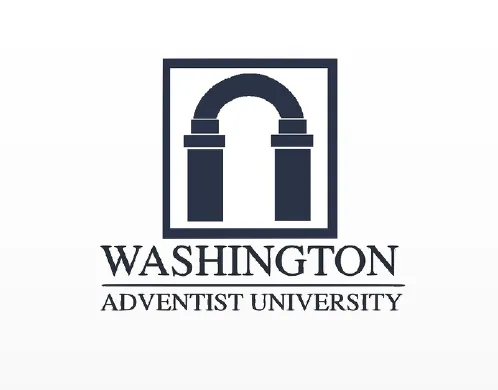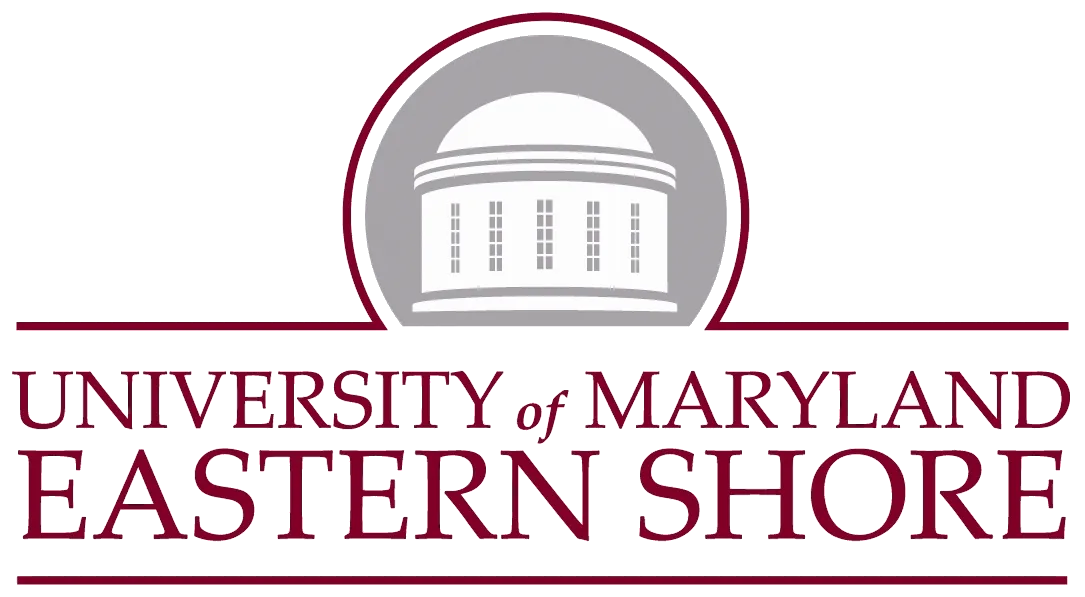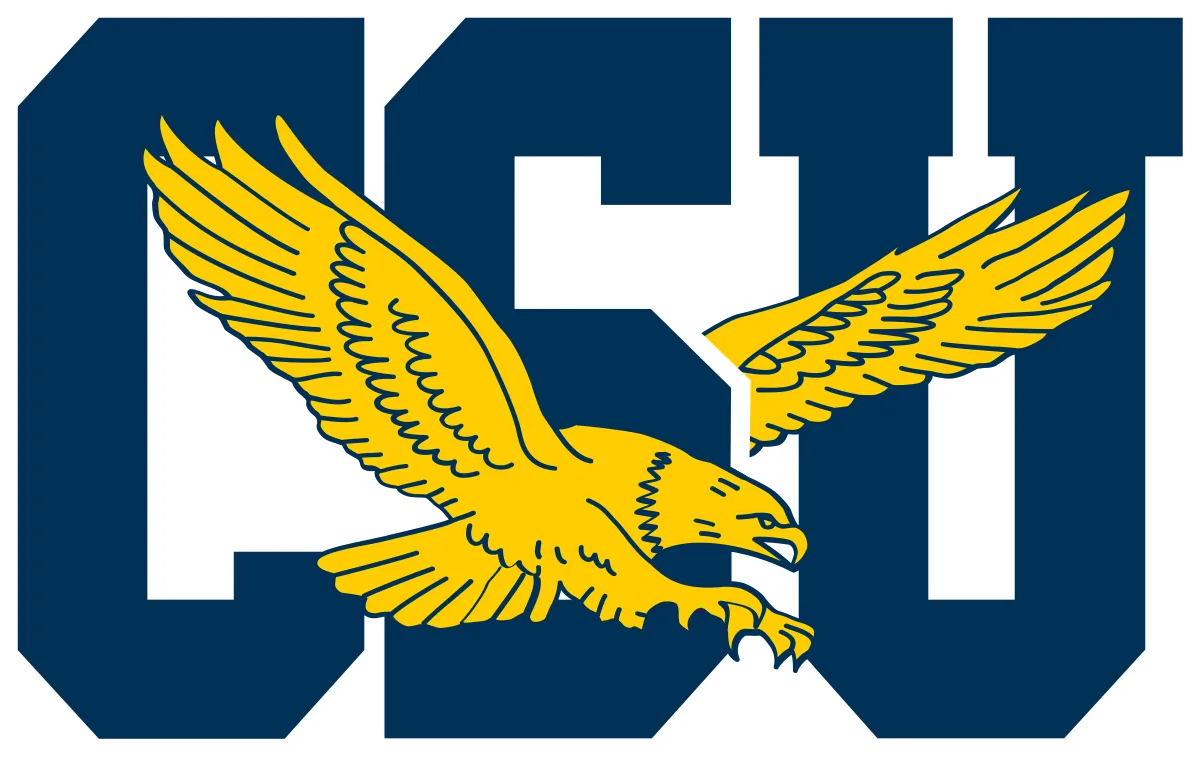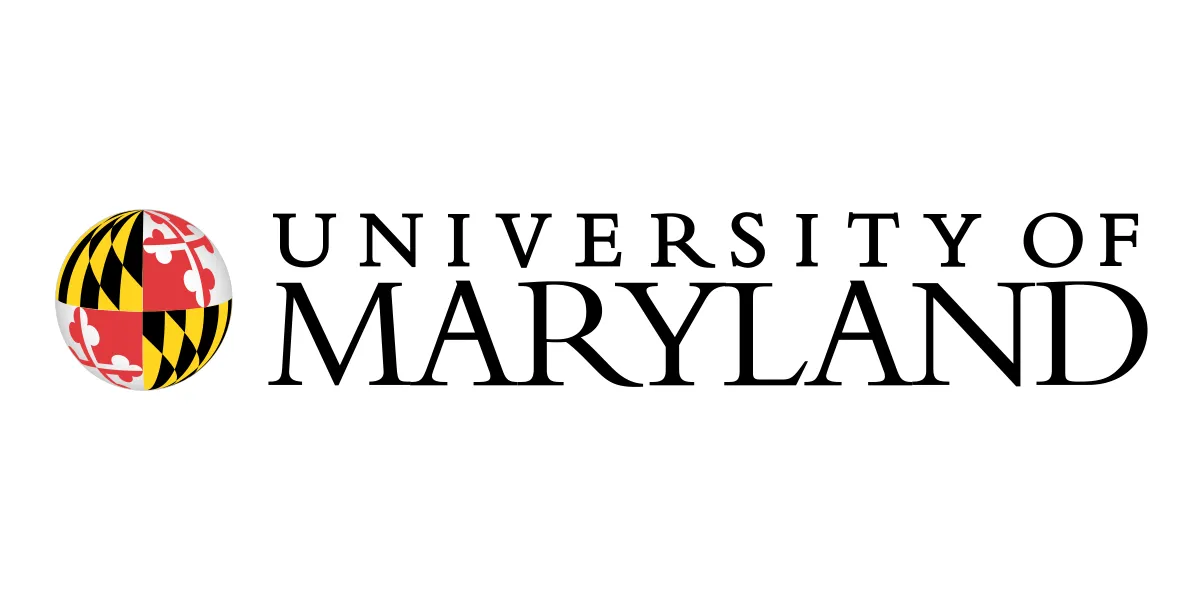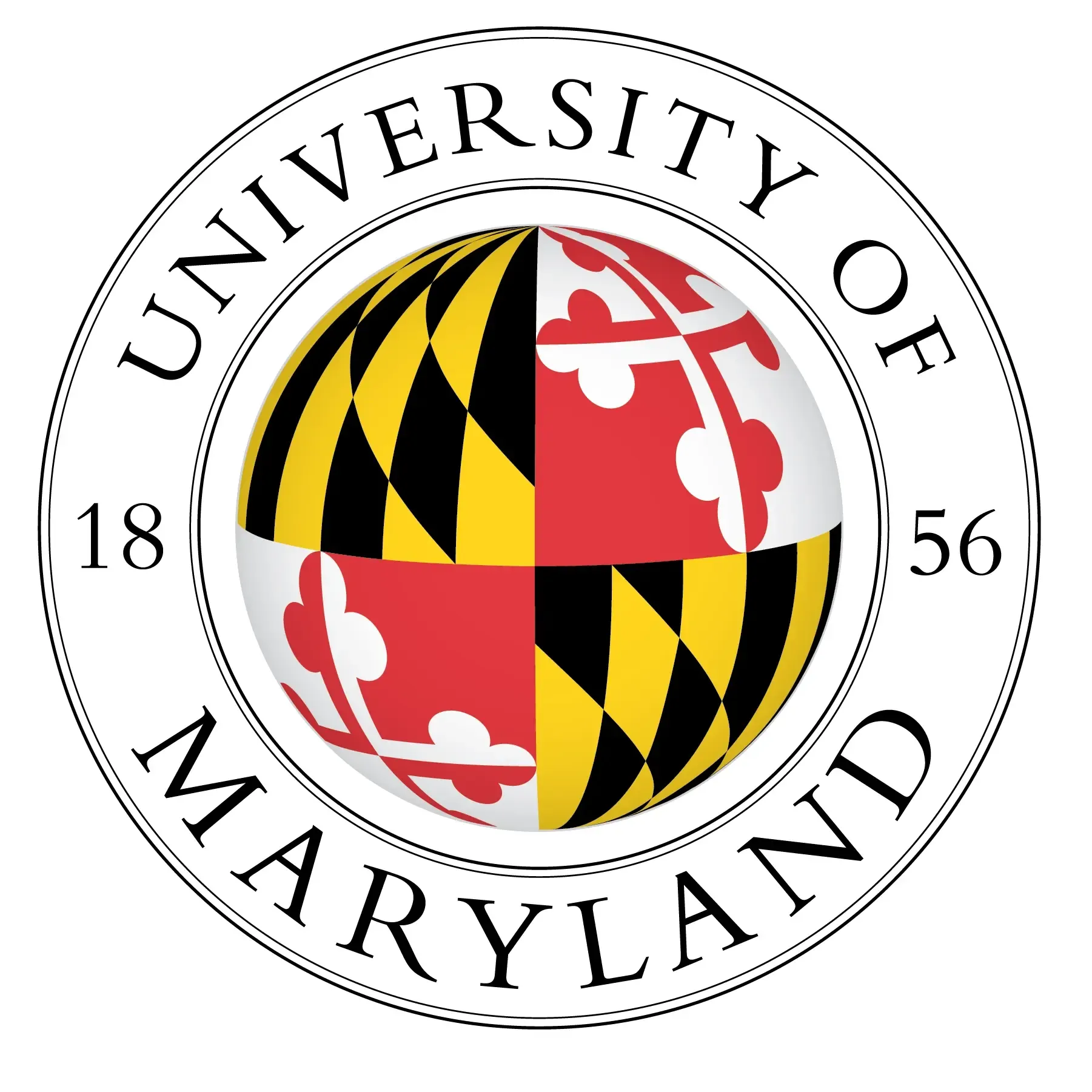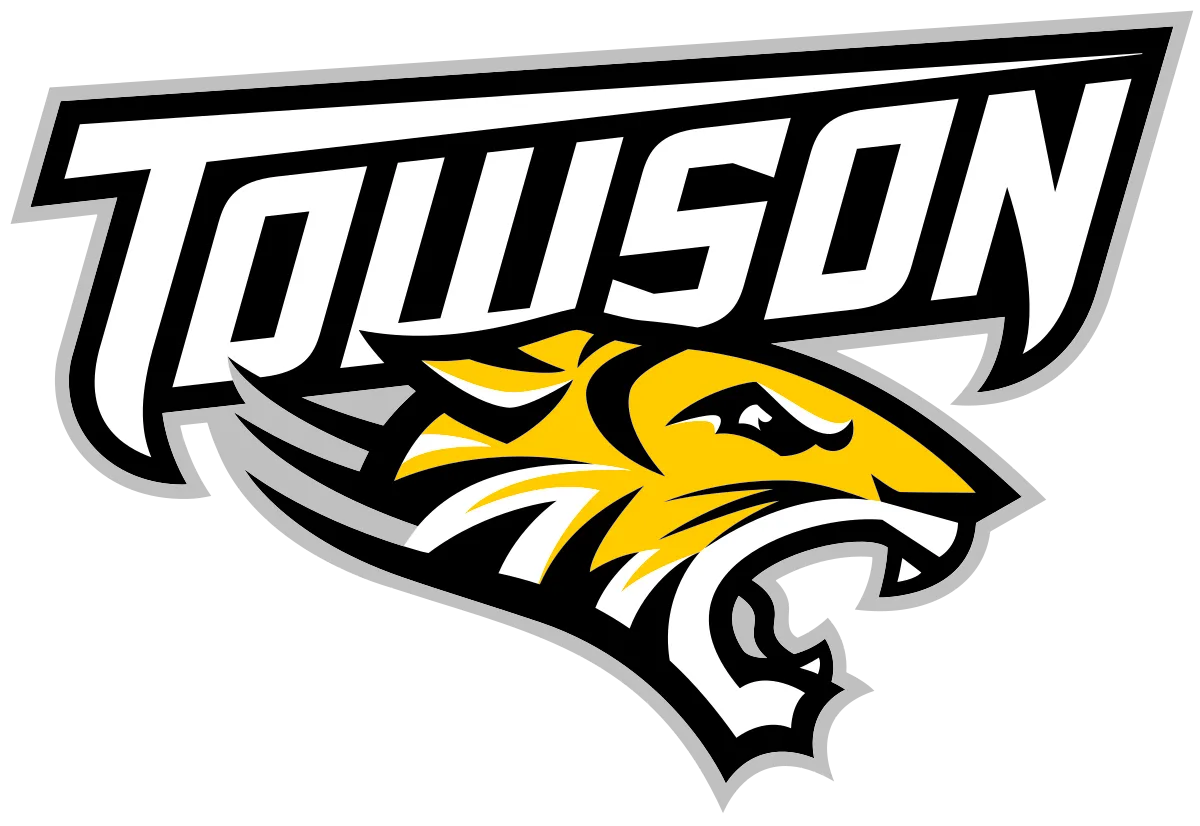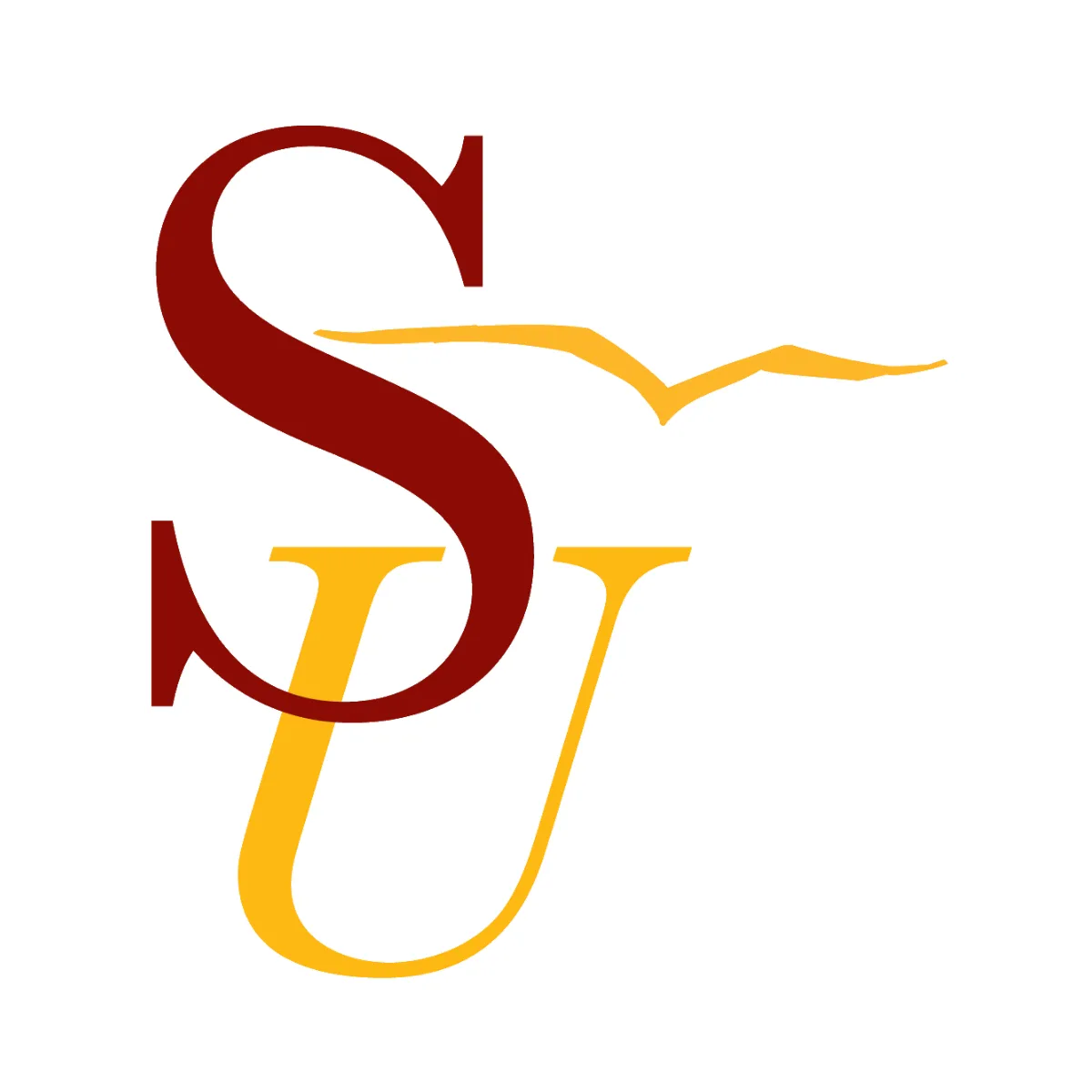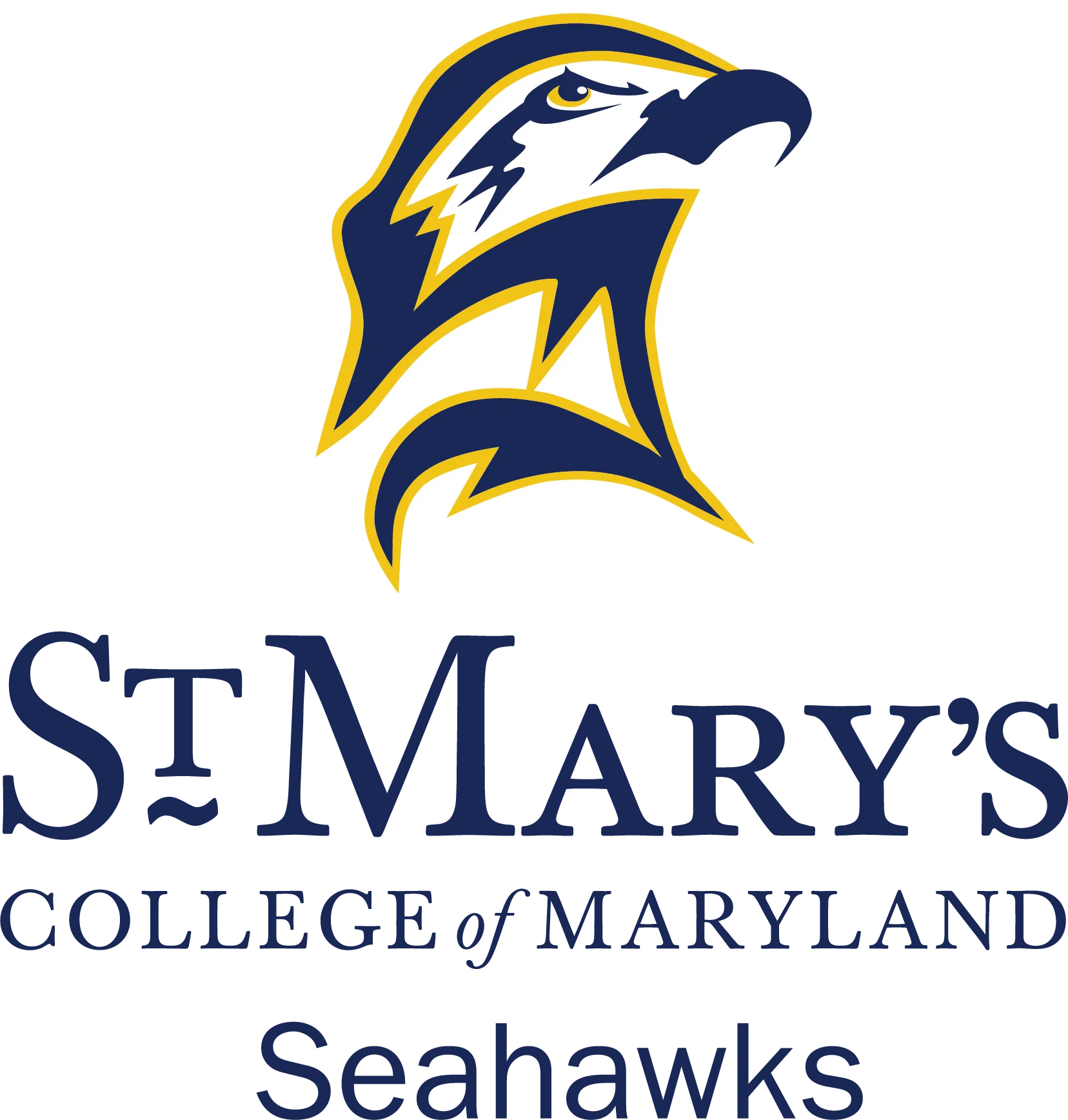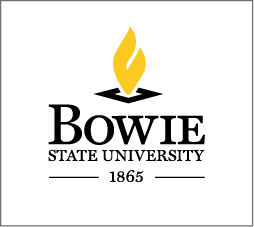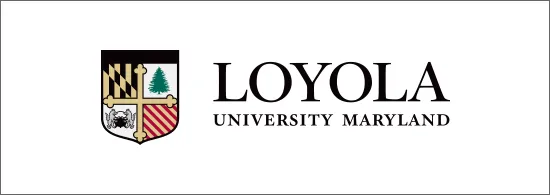Best Colleges in Maryland
Get equipped with the resources that will help you easily navigate your learning journey. Discover schools that match your goals and aspirations.
Best Accredited Colleges
Frequently Asked Questions
1. What are the best colleges in Maryland?
Some of the best colleges in Maryland include Johns Hopkins University, University of Maryland, College Park, Loyola University Maryland, and University of Maryland, Baltimore County.
2. How do I apply to these colleges?
To apply to these colleges, you need to visit their respective websites and complete the online application form. Make sure to submit all required documents, such as transcripts, test scores, and letters of recommendation.
3. What are the admission requirements for these colleges?
The admission requirements vary for each college, but generally, they consider factors such as high school GPA, standardized test scores (SAT or ACT), extracurricular activities, essays, and letters of recommendation. It is best to check the specific requirements on each college's website.
4. How much does tuition cost at these colleges?
Tuition costs vary depending on the college and program of study. On average, tuition for in-state students at public colleges in Maryland ranges from $8,000 to $12,000 per year, while out-of-state students can expect to pay around $25,000 to $35,000 per year. Private colleges tend to have higher tuition rates, ranging from $30,000 to $50,000 per year.
5. Are there scholarships or financial aid available?
Yes, most colleges in Maryland offer scholarships and financial aid to eligible students. These can be merit-based scholarships, need-based grants, or work-study opportunities. It is recommended to explore the financial aid options on each college's website and submit the necessary applications.
6. What majors and programs are offered at these colleges?
These colleges offer a wide range of majors and programs across various fields of study. Some popular areas include business, engineering, computer science, biology, psychology, and arts. It is advisable to visit each college's website to explore the specific majors and programs they offer.
7. What is the student-faculty ratio at these colleges?
The student-faculty ratio varies among colleges, but generally, it ranges from 10:1 to 20:1. This means that for every 10 to 20 students, there is one faculty member available for instruction and guidance.
8. What is the campus life like at these colleges?
The campus life at these colleges is vibrant and diverse. They offer a wide range of student organizations, clubs, sports teams, and cultural events. Additionally, there are various campus facilities such as libraries, fitness centers, and recreational areas to enhance the overall college experience.
9. Are there opportunities for internships and job placements?
Yes, these colleges often have strong connections with local industries and businesses, providing students with ample opportunities for internships and job placements. They also have career centers that offer guidance, resume building, and networking events to help students in their career development.
10. What is the overall reputation of these colleges?
These colleges have a strong reputation both nationally and internationally. They are known for their academic excellence, research contributions, and highly qualified faculty. Many graduates from these colleges have gone on to achieve successful careers in their respective fields.

